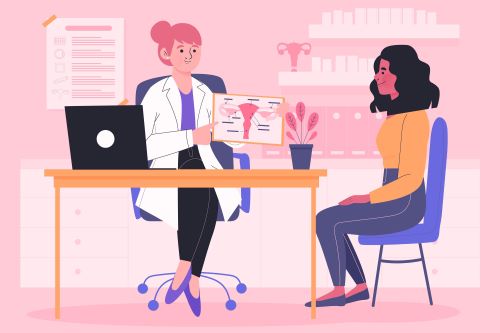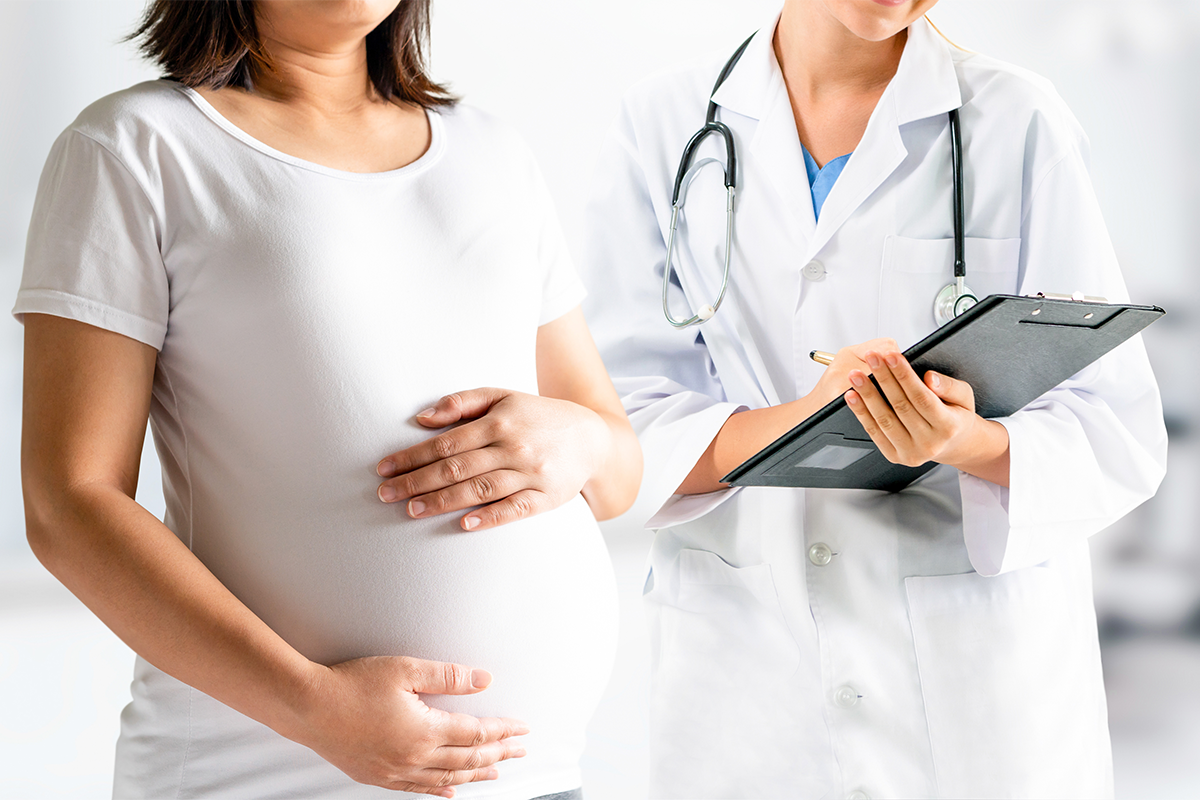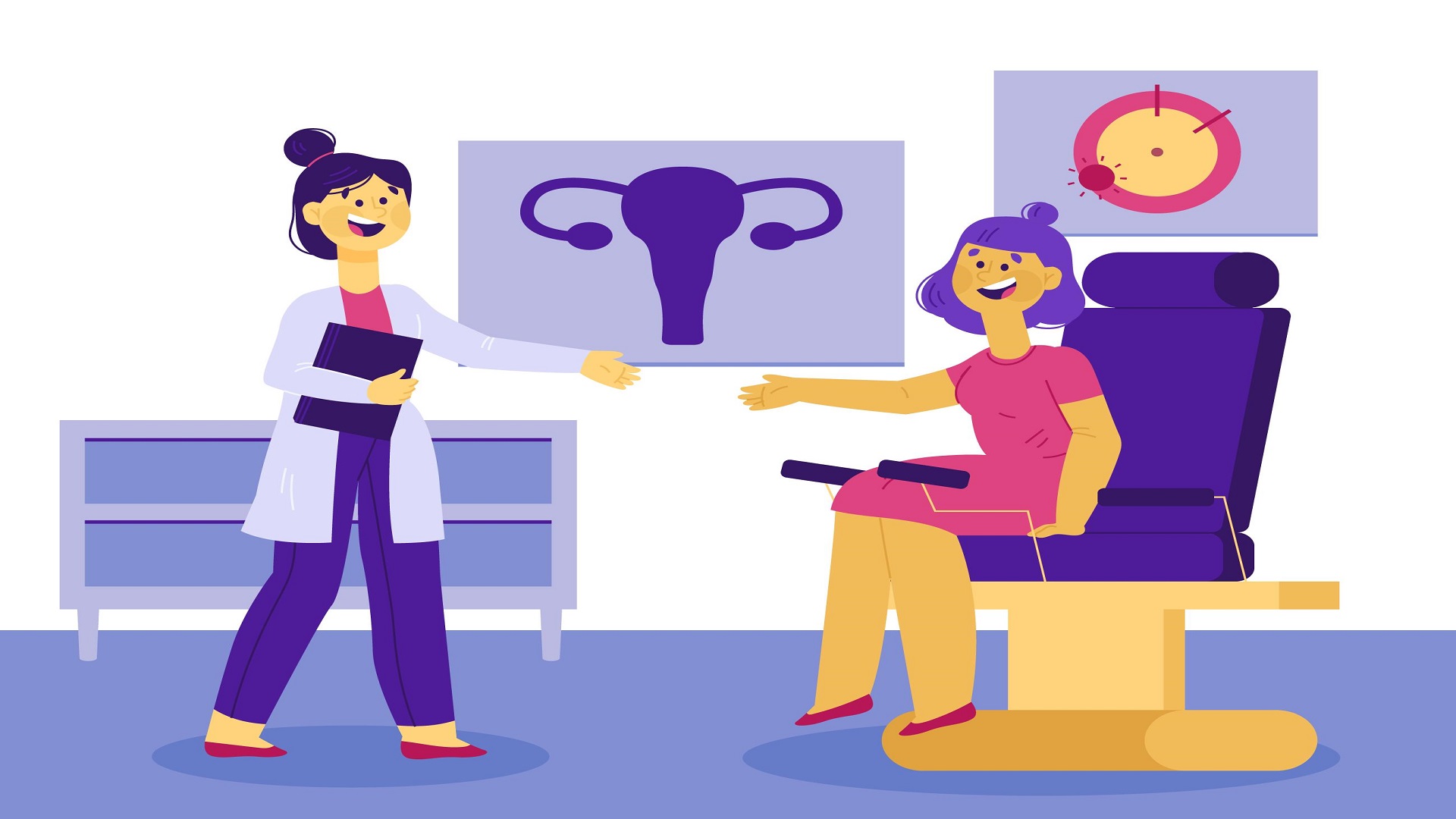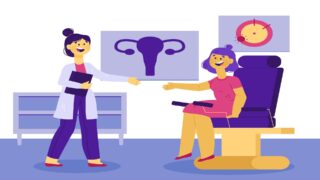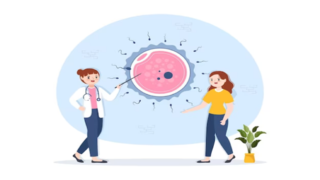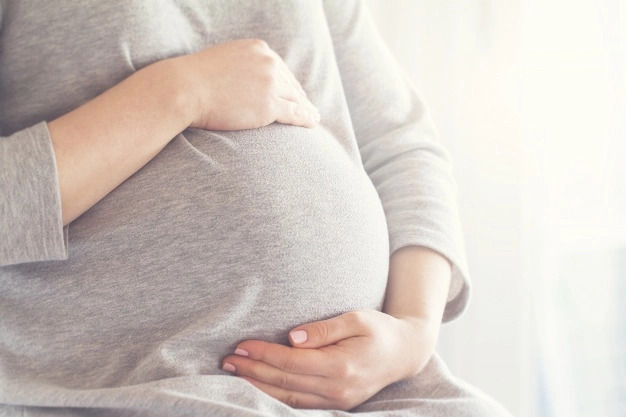Empowering Women’s Health: Dr. Veena Agarwal’s Exceptional Gynecology Care at AHRI Hospital, Gwalior
 Introduction: In the realm of healthcare, certain specialties demand not only skill but also empathy and understanding. Gynecology, the branch of medicine dealing with the female reproductive system, is one such field where patients seek not just medical expertise but also a comforting presence. In the bustling city of Gwalior, AHRI Hospital stands as a beacon of hope for women’s health, offering exceptional gynecology care under the expert guidance of Dr. Veena Agarwal.
Introduction: In the realm of healthcare, certain specialties demand not only skill but also empathy and understanding. Gynecology, the branch of medicine dealing with the female reproductive system, is one such field where patients seek not just medical expertise but also a comforting presence. In the bustling city of Gwalior, AHRI Hospital stands as a beacon of hope for women’s health, offering exceptional gynecology care under the expert guidance of Dr. Veena Agarwal.
Meet Dr. Veena Agarwal: Dr. Veena Agarwal is not just a renowned gynecologist but also a compassionate caregiver who has dedicated her career to improving women’s health. With years of experience and a profound understanding of the complexities of female physiology, Dr. Agarwal has become a trusted name in Gwalior and beyond.
Comprehensive Care: At AHRI Hospital, Dr. Agarwal provides comprehensive gynecological care, addressing a wide range of issues affecting women of all ages. From routine check-ups and preventive screenings to managing complex conditions, her approach is holistic, focusing not just on treating ailments but also on promoting overall well-being.
Services Offered:
- Routine Gynecological Check-ups: Regular screenings are vital for early detection of potential health issues. Dr. Agarwal emphasizes the importance of preventive care and encourages women to prioritize their health through routine check-ups.
- Pregnancy Care: Pregnancy is a transformative journey, and having the right support is crucial for a healthy outcome. Dr. Agarwal offers personalized care to expectant mothers, guiding them through every stage of pregnancy and ensuring both maternal and fetal well-being.
- Management of Gynecological Disorders: From menstrual irregularities and hormonal imbalances to gynecological cancers, Dr. Agarwal is equipped to diagnose and treat a wide range of conditions. Her expertise allows patients to receive accurate diagnoses and effective treatment strategies tailored to their unique needs.
- Family Planning and Contraceptive Counseling: Family planning is a personal choice, and Dr. Agarwal provides comprehensive counseling to help women make informed decisions about contraception and family planning methods suited to their lifestyle and preferences.
- Menopause Management: Menopause marks a significant transition in a woman’s life, accompanied by various physical and emotional changes. Dr. Agarwal offers compassionate support and management strategies to help women navigate this phase with confidence and comfort.
Patient-Centric Approach: What sets Dr. Veena Agarwal apart is her patient-centric approach, where she prioritizes open communication, empathy, and respect for her patients’ concerns. She understands the importance of building trust and ensures that every patient feels heard and valued throughout their healthcare journey.
State-of-the-Art Facilities: AHRI Hospital boasts state-of-the-art facilities and infrastructure, enabling Dr. Agarwal to deliver the highest standard of care to her patients. From advanced diagnostic tools to modern treatment modalities, the hospital is equipped with everything necessary to support Dr. Agarwal in providing exceptional gynecology services.
Conclusion: In a society where women’s health is often overlooked, Dr. Veena Agarwal’s commitment to gynecological care shines as a beacon of hope. Through her expertise, compassion, and dedication, she empowers women to prioritize their health and well-being. At AHRI Hospital, women can trust that they are in safe hands, receiving the best possible care under the guidance of Dr. Agarwal.


